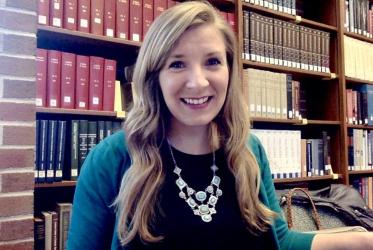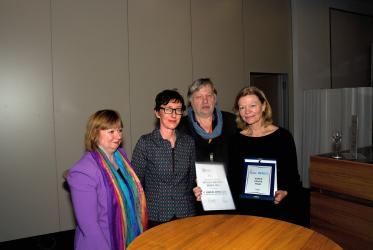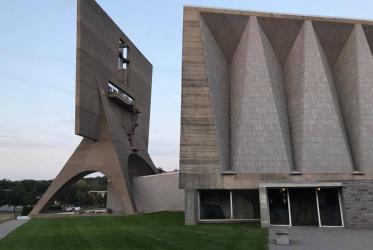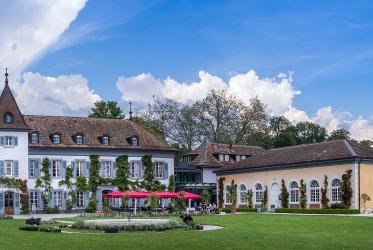Displaying 81 - 100 of 133
07 March 2018
WCC internship programme: A unique opportunity to learn and engage
01 February 2018
Peacemaking “a great and compelling life task”
09 December 2017
Tveit: search for unity “an urgent need today”
09 September 2017
"We have our work cut out for us"
10 August 2017
Digitizing of Faith and Order Papers underway
23 July 2017
WCC students study what makes a peace communicator
18 July 2017
Gender-based violence concerns ‘all of humanity’
11 July 2017
Ecumenical Patriarch will visit WCC in Geneva
12 April 2017














